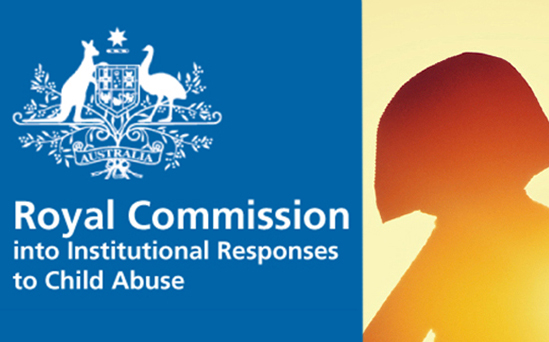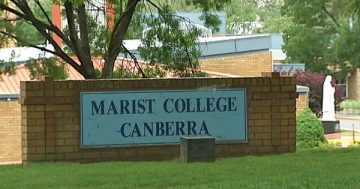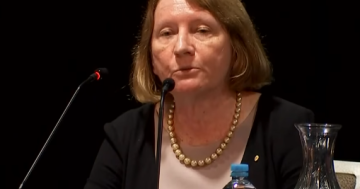
The ACT Government has responded to results of the Royal Commission Report into child abuse in Australia. Photo: Australian Government.
The ACT Government has pledged to issue a formal response to the Final Report of the Royal Commission into Institutional Responses to Child Sexual Abuse within six months.
The Government said it would continue working alongside other jurisdictions to finalise a survivor-focused national redress scheme for victims of institutional child sexual abuse.
Attorney-General Gordon Ramsay said that he would soon be releasing a discussion paper that addresses the Royal Commission’s recommendations for criminal justice system legislative reform and invites key stakeholders and the broader community to provide their views on these proposals.
“The work of this Royal Commission has been incredibly important and I want to assure our community that the ACT Government is committed to learning from and acting on the experiences of the brave survivors who came forward, and from the Commission’s final recommendations,” Mr Ramsay said.
“This report comprises 22 volumes, including some released previously, and a total of 409 recommendations. 103 of the new recommendations are within the power of State and Territory Governments to act upon and we have already started assessing how we may implement them. The response of this Government will place the survivors and our most vulnerable people at its centre – and we call on all jurisdictions and organisations to do the same.”
Mr Ramsay said the ACT already had implemented a Reportable Conduct Scheme, which the Final Report recommended for all States and Territories.
It had been active since 1 July 2017 providing independent oversight, through the ACT Ombudsman, of the way Canberra’s workplaces report, investigate and handle allegations of misconduct involving children.
Mr Ramsay said the ACT had committed to bringing religious institutions providing pastoral care and religious instruction into its Reportable Conduct Scheme by 1 July 2018, with religious organisations already included in the Scheme when they provide services to children through a childcare centre or school.
He said consultation was also under way about the role of Government and independent oversight in promoting child safety among other organisations that work with children in the ACT; especially commercial and volunteer-based organisations like sports clubs, dance schools, scouts, guides and overnight camps.
“In November this year, the ACT Government introduced legislation to improve information-sharing within our jurisdiction, to ensure child protection, law enforcement and oversight bodies have access to the information they need to be effective in dealing with child welfare and safety concerns. The Royal Commission’s Final Report today includes an entire volume on recordkeeping and information sharing, making clear there is more we must do to improve information sharing nationwide,” he said.
Mr Ramsay said the ACT had a strong system of oversight for children in out-of-home care – supported by a set of National Standards, the Public Advocate, the ACT Children and Young People Commissioner, the Official Visitors Scheme, the ACT Ombudsman, the Human Services Regulator and the Human Services Registrar – and the Royal Commission had recommended improvements to data and reporting on children and young people in out-of-home care.
“The ACT continues to participate in work to progress national standards for sectors other than out-of-home care, and work towards a potential national harmonisation of Working with Children Check schemes, which are both recommended by this Royal Commission,” Mr Ramsay said.
On civil litigation, Mr Ramsay said the Government had passed amendments to remove limitation periods for civil actions on child sexual abuse in all contexts in May 2017.
“We also introduced legislation that responds to some of the Royal Commission’s Criminal Justice recommendations by strengthening our criminal laws against ongoing sexual abuse, rather than just individual sexual acts; broadening grooming offences to criminalise any contact with a child that is intended to make a sexual offence more likely and extending grooming offences to the grooming of persons other than the child; and excluding good character from reducing a sentence for a child sex offender where that good character is what enabled them to gain access to the victim,” he said.
To engage in the current consultation on expanding the Reportable Conduct Scheme, read and respond to the discussion paper at www.act.gov.au/reportable-conduct.



















